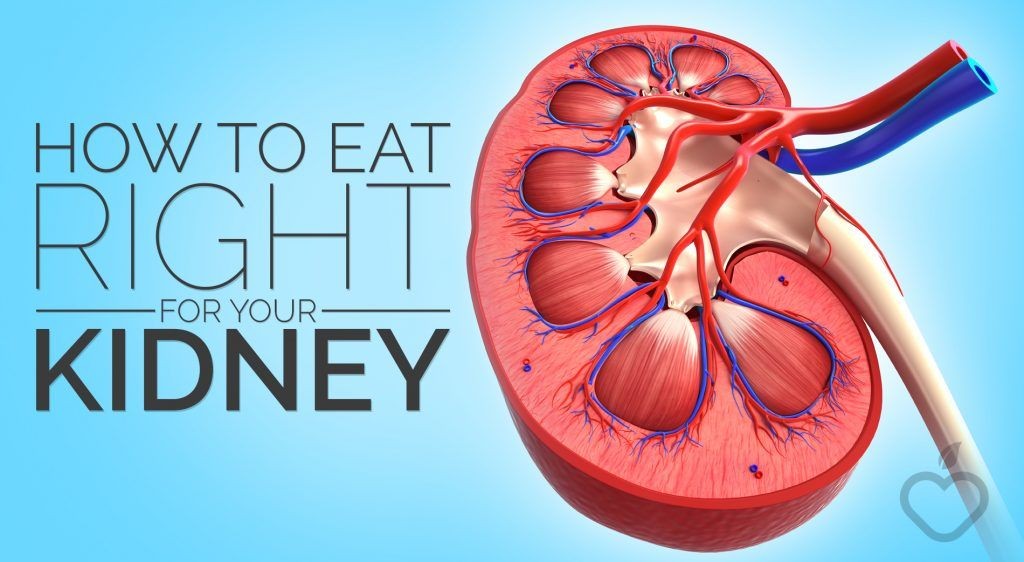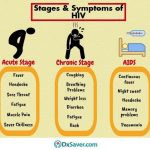
Contents
Chitosan’s Benefits for the Kidneys and Potential Side Effects
Chitosan, a group of naturally-occurring molecules, may provide benefits for the kidneys, especially for those with polycystic kidney disease. Researchers are interested in chitosan due to its unique chemical properties.
Chitosan is sold as a supplement and may offer moderate benefits for certain health issues. Ongoing research is exploring its impact on kidney health, and fortunately, few side effects have been observed.
Chitosan doesn’t have a well-defined molecular structure. It’s a combination of various molecules, each with its own properties and effects on the body.
Chitosan is found in natural sources like fungi and crustaceans. It’s similar to chitin but more easily dissolved by acids, making it more widely used in biomedicine and industry.
Industries that use chitosan include water treatment plants, pharmaceutical and biomedical companies, cosmetics manufacturers, and food manufacturers (particularly in the vegetarian and vegan industries).
Chitosan is also consumed as a dietary supplement in pill or powder form.
Chitosan’s Origin
Commercial chitosan is produced by chemically modifying chitin, a more abundant substance. However, naturally produced chitosan from fungi and insects’ outer layers is becoming more popular due to the demand for healthy, vegetarian foods.
Benefits of Chitosan
Research indicates that chitosan has anti-microbial properties in the lab. However, these effects have only been observed in a laboratory setting.
Studies suggest that chitosan supplements may slightly benefit people with high blood pressure, high cholesterol, obesity, and physical wounds. These benefits have been observed in human studies, although they were modest.
Medical Uses of Chitosan
Chitosan is frequently used as a drug delivery method due to its chemical properties. It’s used to deliver antimicrobials, painkillers, anti-tumor agents, and anti-inflammatory substances.
Chitosan’s Impact on the Kidneys
There’s limited evidence suggesting that chitosan may benefit the kidneys, especially for people with polycystic kidney disease. However, most of the research has been conducted on laboratory and animal models, not humans. More research is needed.
One human study found that chitosan in gum reduced phosphorus levels in the blood of dialysis patients, but this effect was only observed in certain patients, requiring further investigation.
Side Effects of Chitosan
Long-term, large-scale use of chitosan in humans hasn’t been thoroughly tested. It’s important to consult a doctor before taking a chitosan supplement, especially if you have pre-existing conditions or take prescription medications. Chitosan may interact with blood thinners.
Choosing a Chitosan Supplement
When selecting a chitosan supplement, exercise caution as the supplement industry is not regulated like approved medications. Look for trusted sources and consult your doctor for recommendations. Seek immediate medical attention if you experience unusual symptoms after taking a new dietary supplement.
References
- Biochemical Pharmacolgy: "Activation of AMPK by chitosan oligosaccharide in intestinal epithelial cells: Mechanism of action and potential applications in intestinal disorders."
- European Journal of Pharmacology: "Pranlukast inhibits renal epithelial cyst progression via activation of AMP-activated protein kinase."
- Medicina: "A Meta-Analysis on Randomised Controlled Clinical Trials Evaluating the Effect of the Dietary Supplement Chitosan on Weight Loss, Lipid Parameters and Blood Pressure."
- Minerva Cangiologica: "Effect of NaCl + Chitosan 3% vs. NaCl on high blood pressure parameters of healthy volunteers with prehypertension," "Observational study of the effect of substituting NaCl with NaCl+Chitosan 3% (Symbiosal®) in the diet of elderly subjects on their blood pressure values."
- Molecules: "Novel Potential Application of Chitosan Oligosaccharide for Attenuation of Renal Cyst Growth in the Treatment of Polycystic Kidney Disease."
- Nutrition Journal: "Single-blind, placebo-controlled randomized clinical study of chitosan for body weight reduction."
- Polymers: "Chitosan: An Overview of Its Properties and Applications."
- Science: "ROS-responsive chitosan-SS31 prodrug for AKI therapy via rapid distribution in the kidney and long-term retention in the renal tubule."
- U.S. Food and Drug Administration: "Dietary Supplements."
- U.S. National Library of Medicine: "A Study to Evaluate Chitosan Chewing Gum in Patients With Chronic Kidney Disease."
- Winchester Hospital: "Chitosan."


